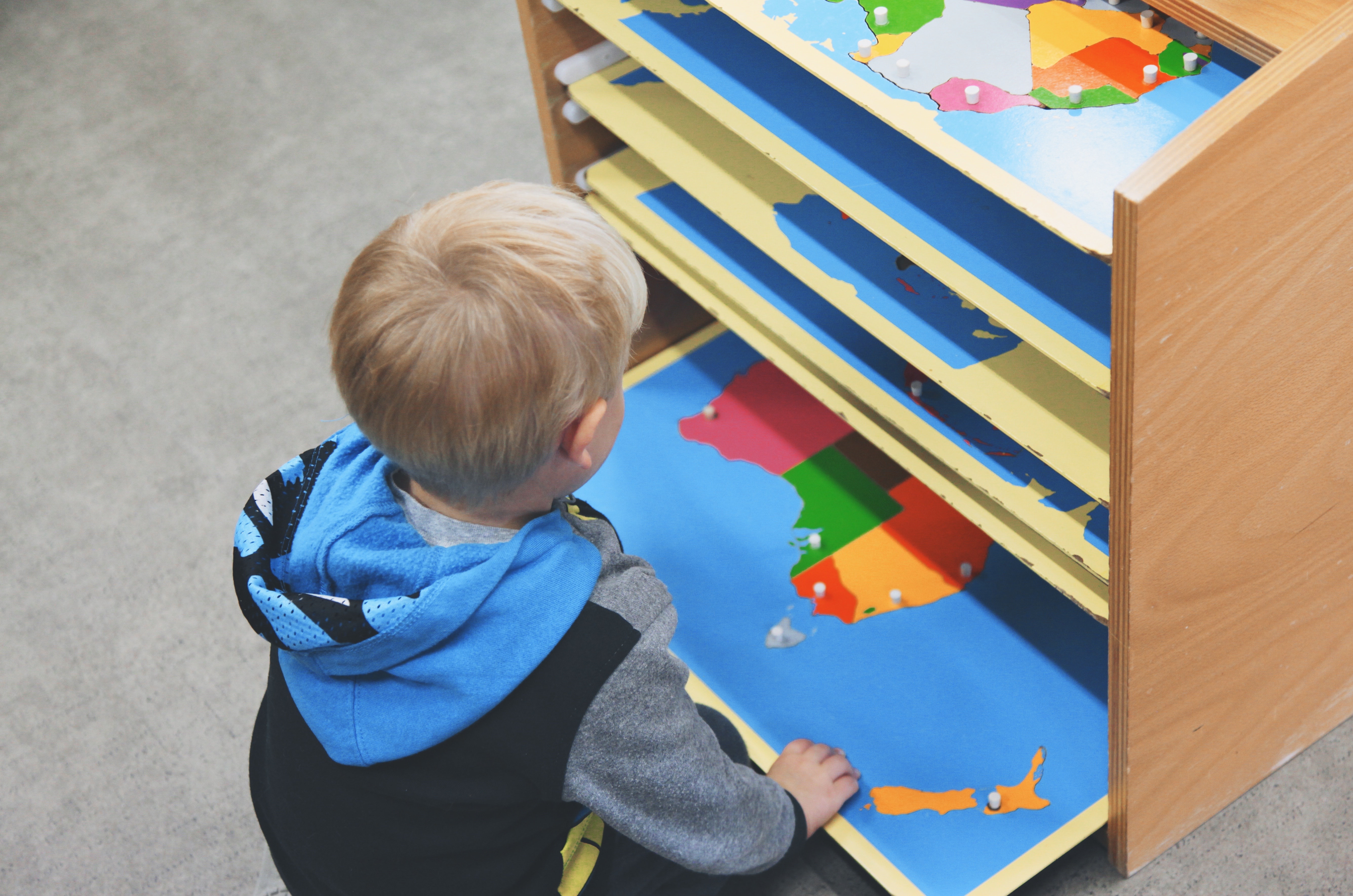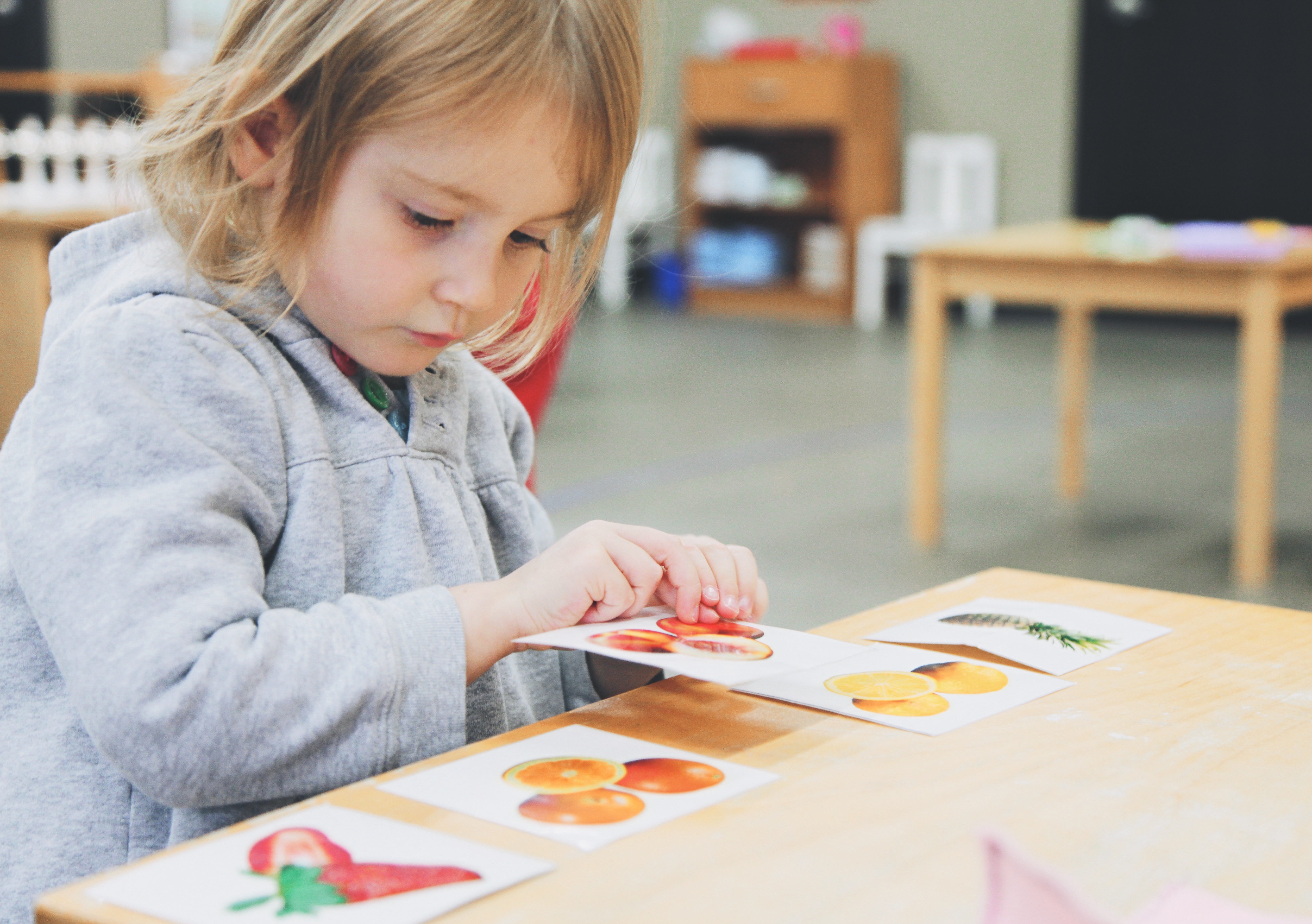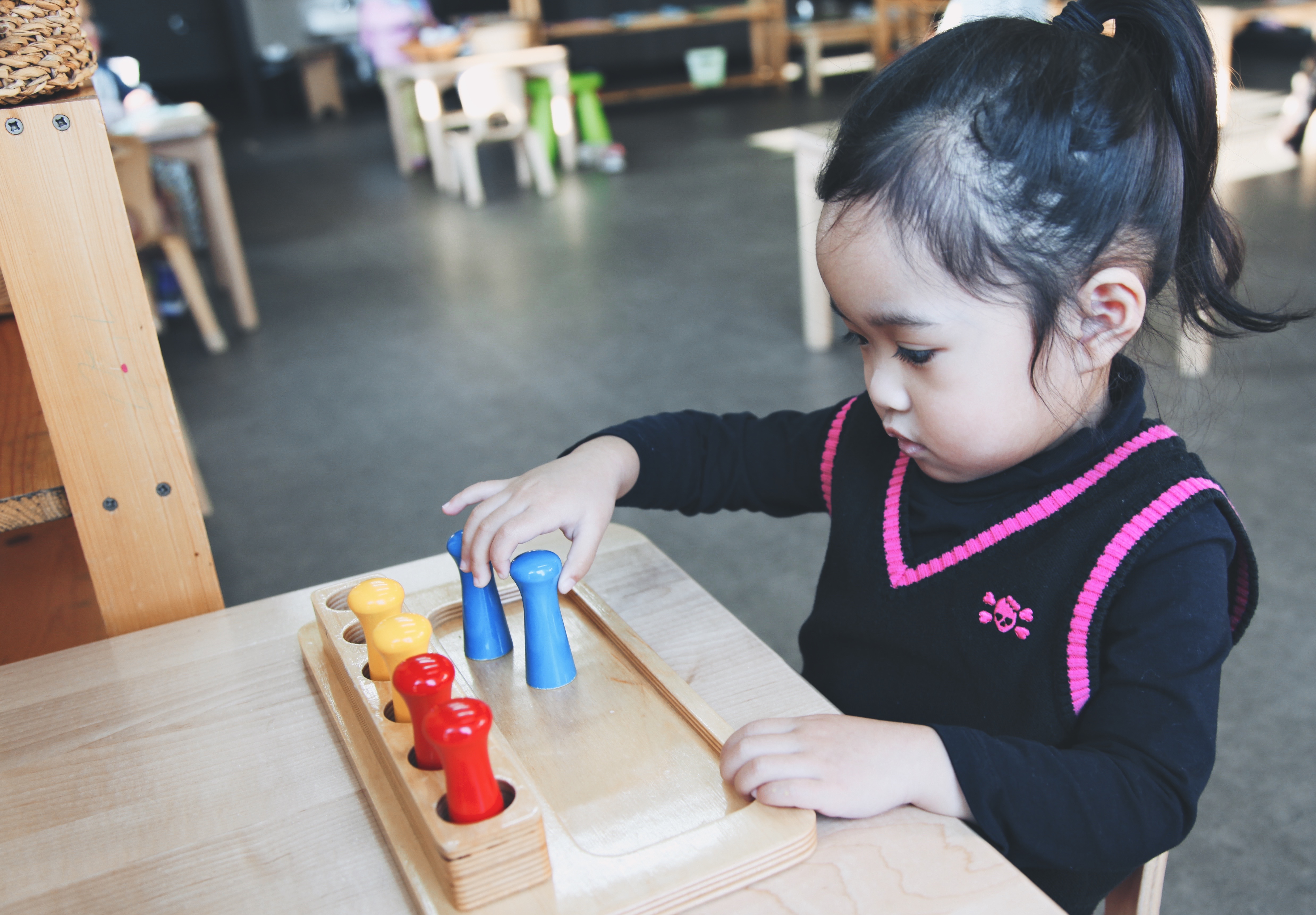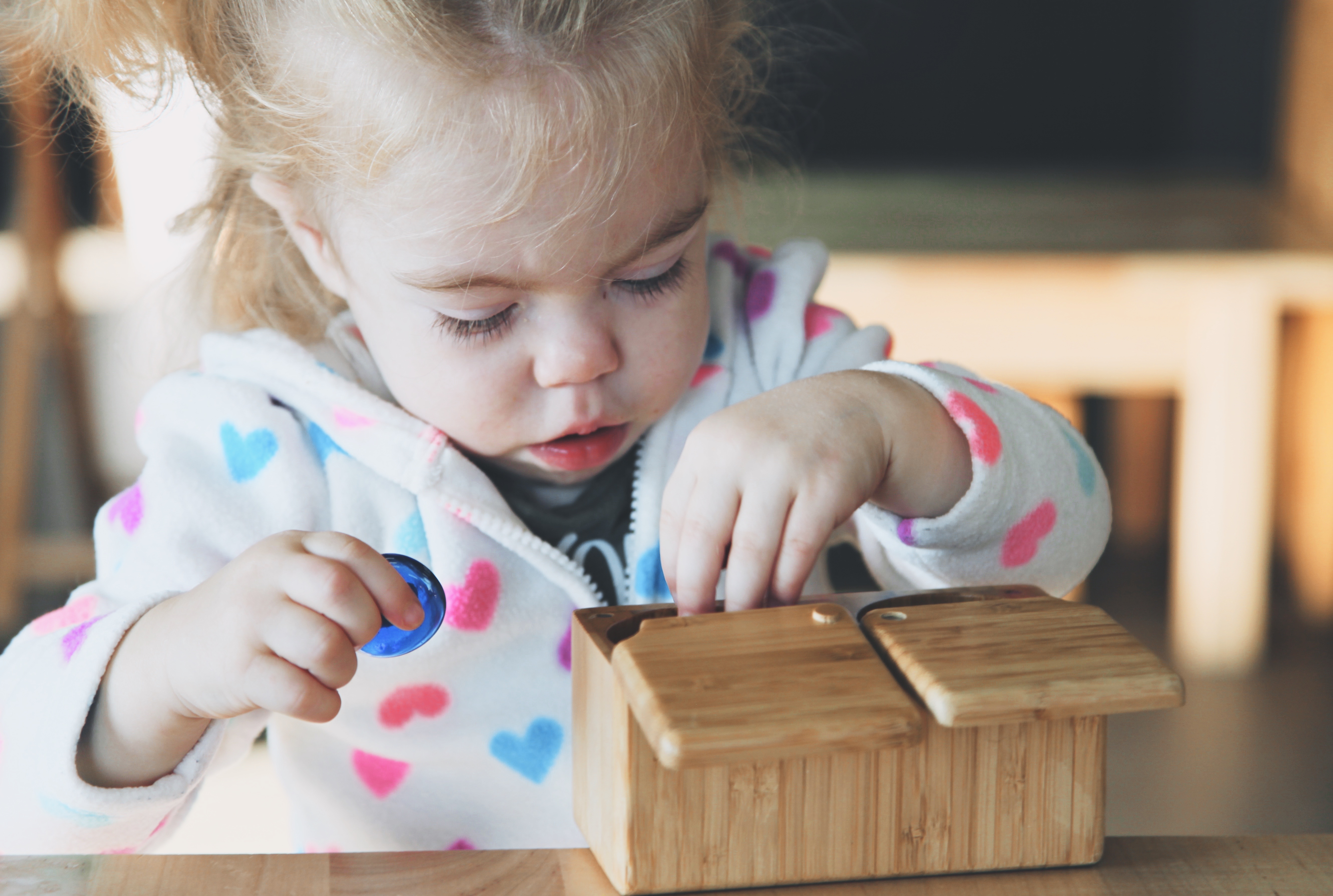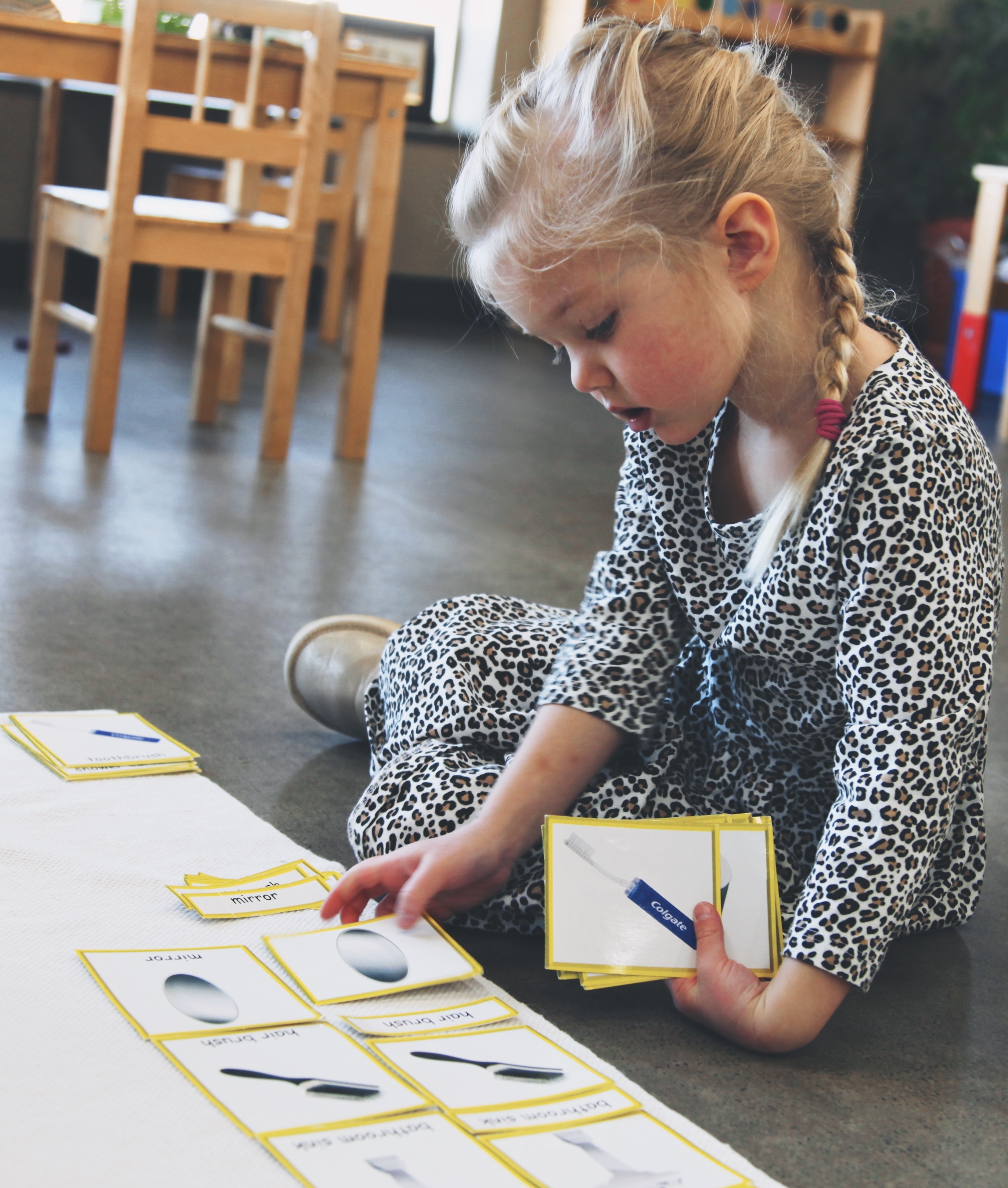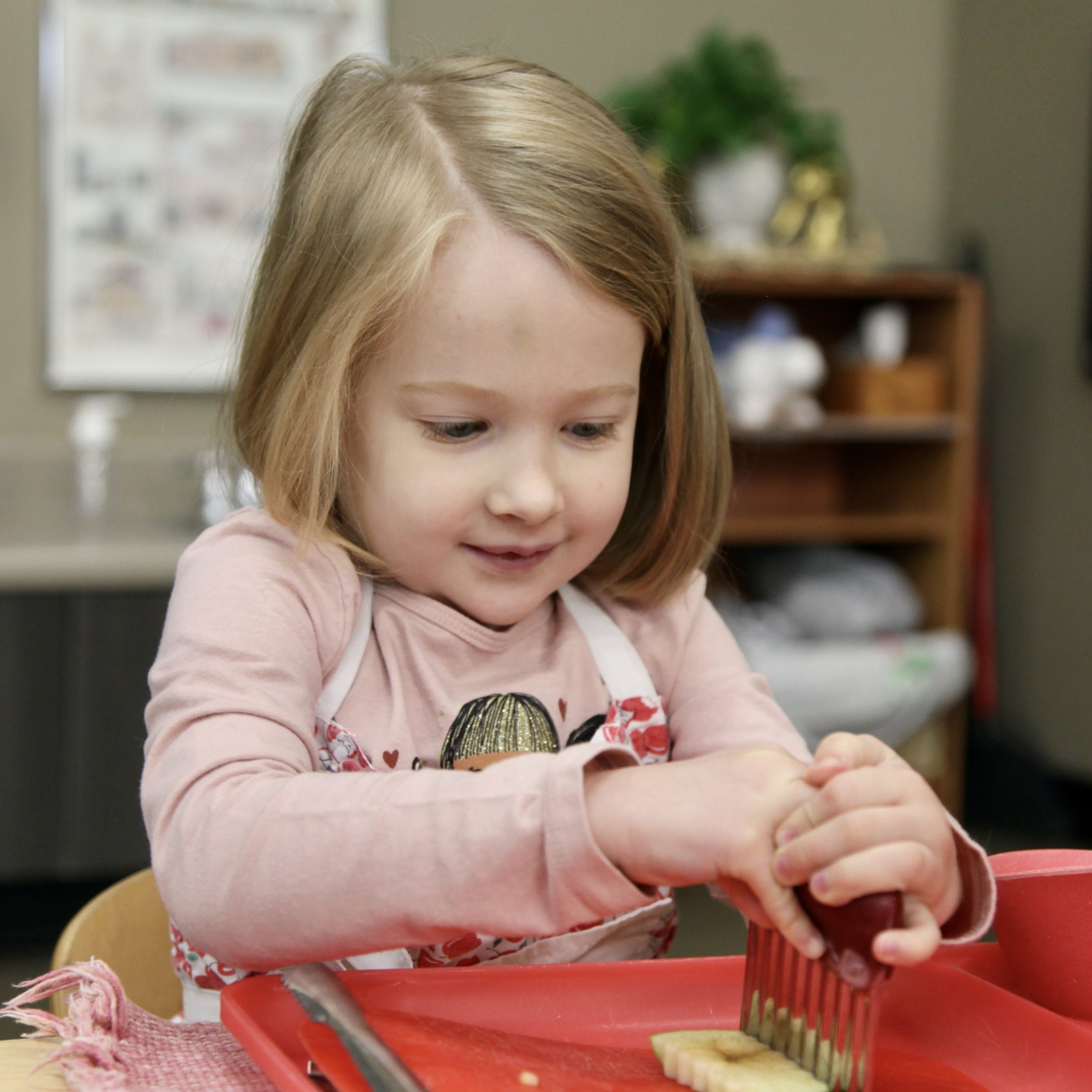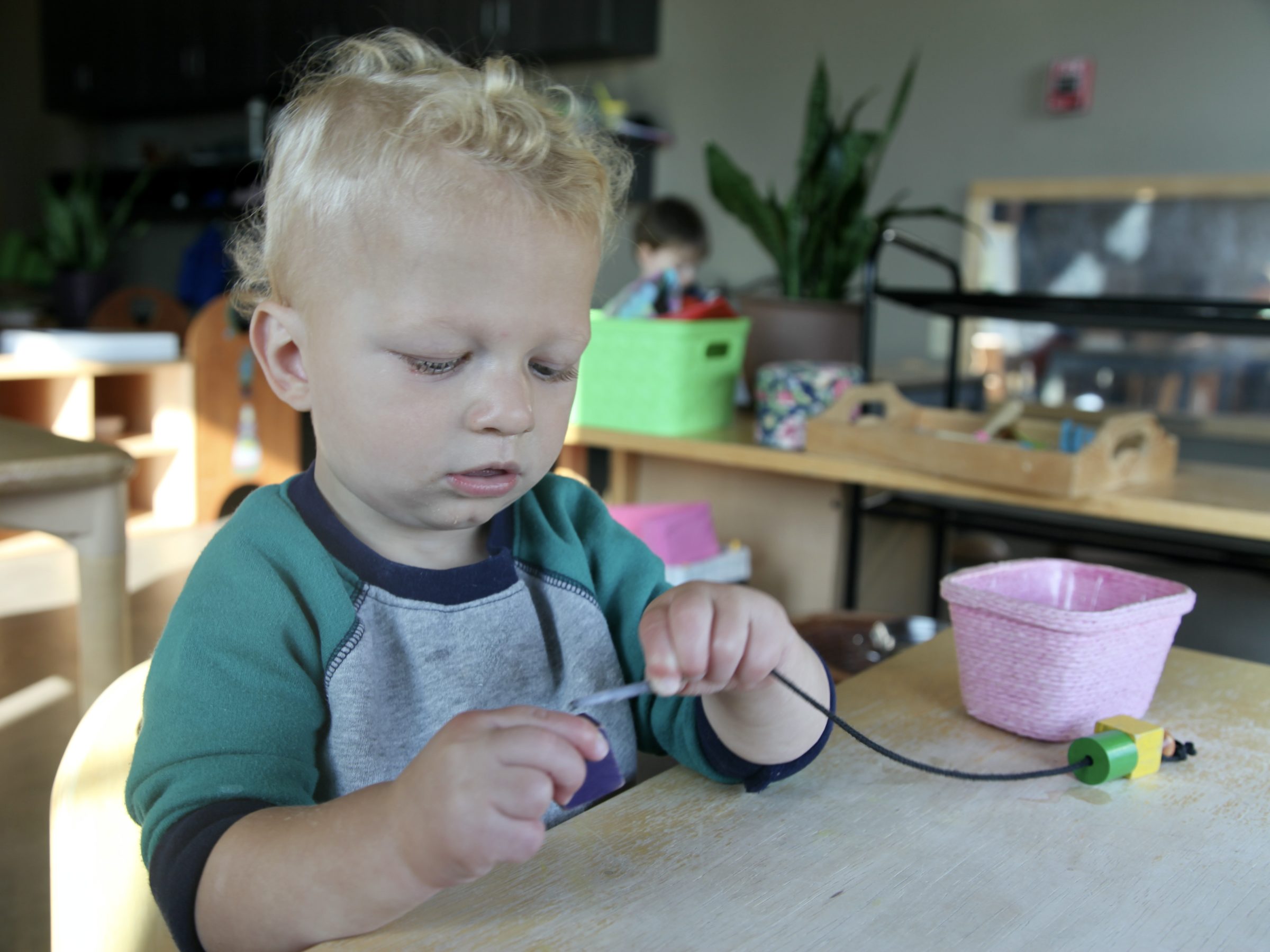Providing Choices
Thoughts & Reflections
We love choices. Food is such a beautiful example of this. How many ways can you find to order your coffee? Even if we always make the same decision, how would we feel if our options were taken away. We like the opportunity to make decisions, even if we always end up making the same turkey sandwich, or reaching for the same mug.
Early on, children realize they can have input. Even before a child is verbal, they realize that fussing, or having a positive response, can get them more of what they want, and less of what they don’t want. Wiggly toes out of socks. A favorite toy. Dad, not Mom.
Are we hard-wired to love choices?
It is natural for us to assume children need, want, require as many choices as we do. We have become so accustomed to making choices, that it is second nature. It is only when we have a big decision to make — moving, a large purchase, a life partner — that we really are aware of our choices, how decision-making works.
We are largely unaware of the filtering process that happens when we’re making regular, everyday choices.
Let’s examine getting dressed.
We wake up, begin our morning routine, and get dressed.
Some of us decide what we’re wearing in advance. This takes one decision out of our morning ritual. More on that later.
“Providing choices provides a framework for for your child.”
The question is not whether or not we’re going to get dressed. Of course we are! We’re going in public, we’re getting dressed.
Pants or skirt? Suit or sportcoat? Casual or dressy? Boots or sandals?
We have forgotten that so many of these choices have become second nature. If you are in a profession which has certain requirements of attire, such as wearing a suit every day, or scrubs, or overalls, or a costume, that’s a decision that has been made for you. You have accepted these cultural norms and factored them unconsciously into your decision-making.
The same is true of weather and what else you know about your day. Is it a weekend in Summer? Shorts and sandals. Is it a workday in Winter? Suit and overcoat, heels packed in your bag.
We end up making very few active decisions in the process of getting dressed, since many of those “decisions” are simply cultural norms we have already ingrained.
When a child is presented with a choice, the process is completely different.
We must remove all assumptions. Children have not yet figured out that we get dressed every day. And, if a caregiver has ever taken a child out in their jammies, or taken off their shirt to change them while in public, we are unconsciously, and not always wrongly, making this decision fluid.
Children do not yet understand the cause and effect of weather, location, and seasonality. Prediction is hard, if not impossible for the young child. Why can’t I wear sandals in the snow? How do you know I’ll be too hot wearing a coat when it’s Summer? Why is my Halloween costume not appropriate for a school day?
“How can we frame choices, questions, and routines that pave the way toward success?”
Additionally, we sometimes experience what psychologists call “decision fatigue.”
Have you ever gone to a new restaurant and looked at a huge menu and, in a bit of a panic, ordered something and as soon as the server walked away, wondered, “What did I order?”
Have you ever been at a new job, and had everything you used to do, your old routine, be completely turned upside-down? When do I take a break? Do I eat lunch alone in my office, go out with colleagues, or something else?
Have you ever moved, and had to decide where all your art and photos go? Though this decision might only need to be made once, (for instance, many of us don’t move our wall art daily) it needs to be made for every piece of art. Is this going up, yes or know. Which room? On a table or on the wall?
Have you ever had a long day of shopping, and when you leave the store, how is it possible you ended up with another white shirt? By the time you get home, you’re absolutely exhausted, and you have no idea why.
This is decision fatigue, and really highlights why we need routines in our life to ensure our sanity, save energy, and leave the decision-making to big (or sometimes fun) things.
Your brain is a supercomputer, working a complex series of binary equations every day, every minute, but most of these are hidden by habit and routine. Imagine if all of these decisions were active.
Should I get out of bed? Yes or no. Should I take a shower? Yes or no. Should I wash my hair? Yes or no. Do I hang my wet towel up? Yes or no. Do I get dressed? Do I put on a shirt? Do I put on pants?
This is already getting ridiculous. However, the only reason it’s ridiculous is because so many of these are Givens.
If I woke up, I’m getting out of bed. If it’s a work day, I know exactly what time that is. I know I’m getting dressed. I know what that entails and I’ve planned out what I’m wearing every work day for each week, with the help of looking at my calendar, at the weather, and by doing all the laundry on Sunday, so none of these are decision. My mind is free to focus on more important tasks.
A child does not have this gift yet. There are no Givens. It is up to us to establish those Givens, those, “This is what we do” components of daily or family life, and to help a child understand why those Givens exist, while still providing as many choices as possible, based on a child’s age, personality, abilities, and our own time constraints, level of decision fatigue, and requirements.
Would you like blueberries or banana in your oatmeal this morning? There are so many implications within that question. In this family, we eat fruit at breakfast, or with every meal. These are the choices I have on hand. You’re picking one.
Which of these two long-sleeved shirts would you like to wear today? Leggings or jeans? The weather determines what choices you make available to your child. You are the purchaser, so you get to decide what even comes in the door. Even within this framework, it can be helpful to store unseasonable or wrong-sized clothing items or toys out of sight, so the temptation isn’t present. Out of sight, out of mind works wonders.
As your child ages, you can give more options. An child who is independent at dressing himself and knows the morning routine can be trusted to pick anything out of the closet after being woken up. This is too much freedom for a toddler.
Providing choices provides a framework for your child. You’re not asking, “do you want to get dressed?” You’re asking, “Which of these two options are you choosing?” each of which you’ve previously decided is appropriate for the season and events of the day.
Through this framework, a child can help develop strong, life-long habits. An evening ritual, ended with reading a book or listening to a podcast before bed. Healthy food habits. Being respectful of the time of others. Tidying up after yourself. Responsibilities, such as caring for a family pet or helping with laundry. Spending time outside.
The choices we make, and help our children make, are creating a firm foundation for their day and for their life. How can we frame choices, questions, and routines that pave the way toward success?
Written by:
Charlotte Snyder
